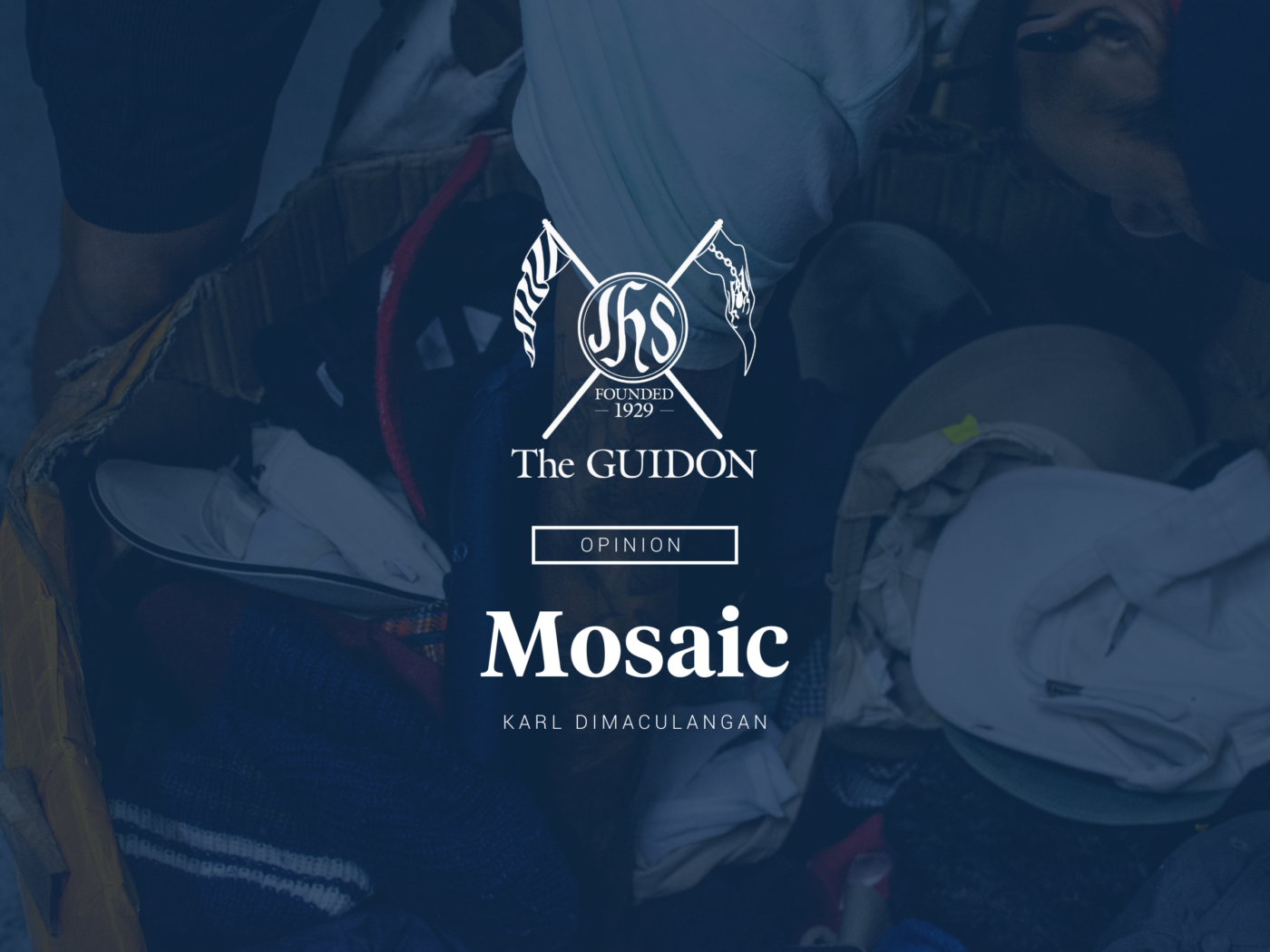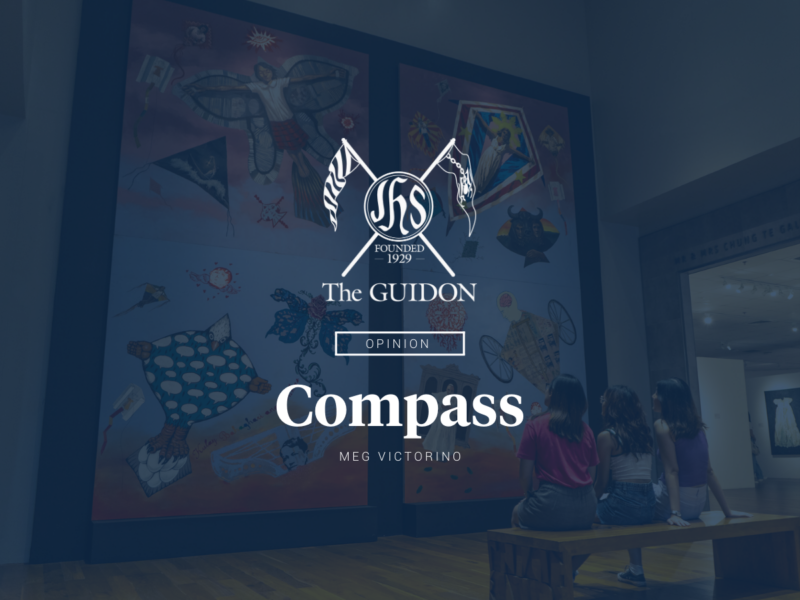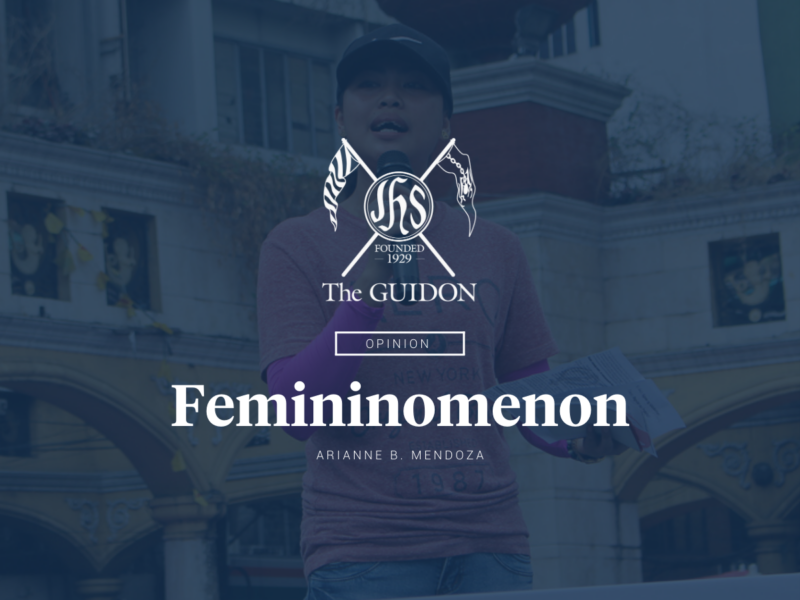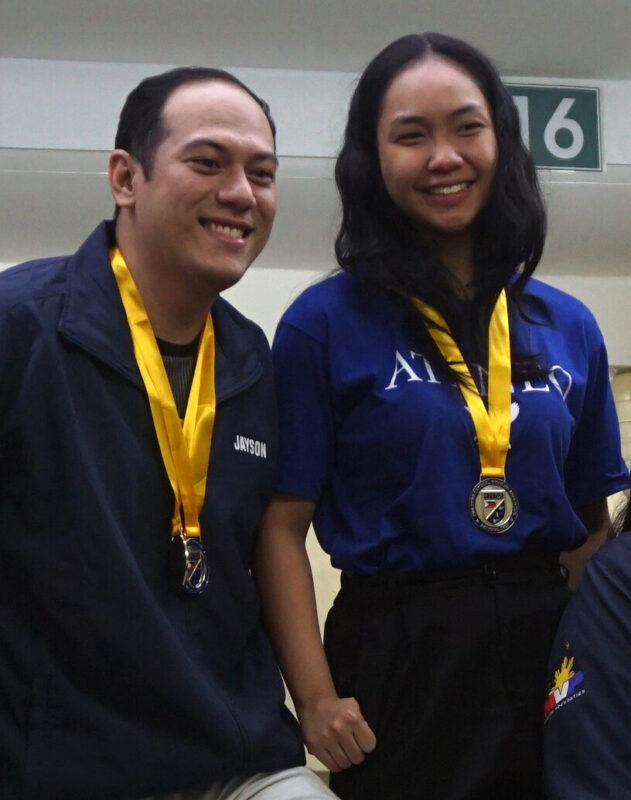MANY HAVE experienced the disappointment of thinking they scored a great deal on “Nike” shoes, only to later realize the logo spells “Niek.” Whether from street markets or online platforms, the appeal of knock-offs is undeniable, yet the cost goes beyond just misspelled labels.
During my intellectual property (IP)-focused internship, my eyes were opened to the challenges of addressing the counterfeit culture in the Philippines. Beyond cracking down on illegal suppliers, the challenge also lies in shifting consumer behavior. The demand for cheaper alternatives significantly fuels the counterfeit market, making consumers key contributors—an often overlooked factor in discussions about counterfeiting.
The prevalence of counterfeit culture in the country has reached alarming levels, with nearly Php 27 billion worth of counterfeit goods seized in 2023. Despite the government’s intensified efforts to combat these illegal activities, the issue remains a formidable challenge.
Counterfeiting thrives in the Philippines due to its economic appeal: low-cost, high-return for producers, and affordability for consumers. In a country with significant income disparity, the chance to own luxury-like items at a fraction of the cost is hard to resist. As such, the desire for a particular brand or product outweighs the concern for authenticity. Owning a counterfeit can serve as a status symbol, signifying wealth and power without the hefty price tag.
Historically targeted and accessible only to the elite, luxury brands became status symbols in the first place due to their association with exclusivity, quality, and the heritage they convey. The colonial mentality also becomes apparent in this consumerist behavior, where value is often placed on foreign goods over local products.
This behavior permeates various social circles where counterfeit goods are often seen as acceptable or even desirable. However, this widespread acceptance of counterfeit goods as status symbols contributes to a culture that devalues authenticity and undermines the intellectual property rights of legitimate brands. It also perpetuates the cycle of counterfeiting as demand continues to rise.
Addressing the counterfeit culture requires more than stricter IP law enforcement; it needs a unified effort from the government, businesses, and consumers alike. Educating consumers about the broader impact of counterfeiting—such as the economic harm to legitimate businesses, the potential safety risks of substandard products, and the ethical considerations surrounding IP rights—may help reduce the demand for counterfeit goods.
Doing so must be coupled with efforts to empower their purchasing power. When consumers can afford genuine products, they are less likely to buy counterfeits. This empowerment can be achieved through economic policies that improve income distribution and the promotion of local brands that offer quality and value.
By tackling both the economic incentives and the behaviors that drive demand, we can create a market that values authenticity and makes counterfeit goods less acceptable.
Ultimately, protecting intellectual property is essential to fostering a culture of authenticity and excellence. By valuing originality and supporting homegrown talent, the country can break free from counterfeits and build an economy that celebrates and rewards true innovation. In doing so, we honor the brilliance of Filipino minds and ensure their contributions are recognized, protected, and celebrated both locally and globally.
Karl is a Legal Management senior expecting to graduate in 2025. Complementing his course with his love for visual art and servant leadership, he is inspired to transform his passion for photography into a pursuit of photojournalism, using his skills to capture and share impactful stories.
Editor’s Note: The views and opinions expressed by the opinion writer do not necessarily state or reflect those of the publication.







